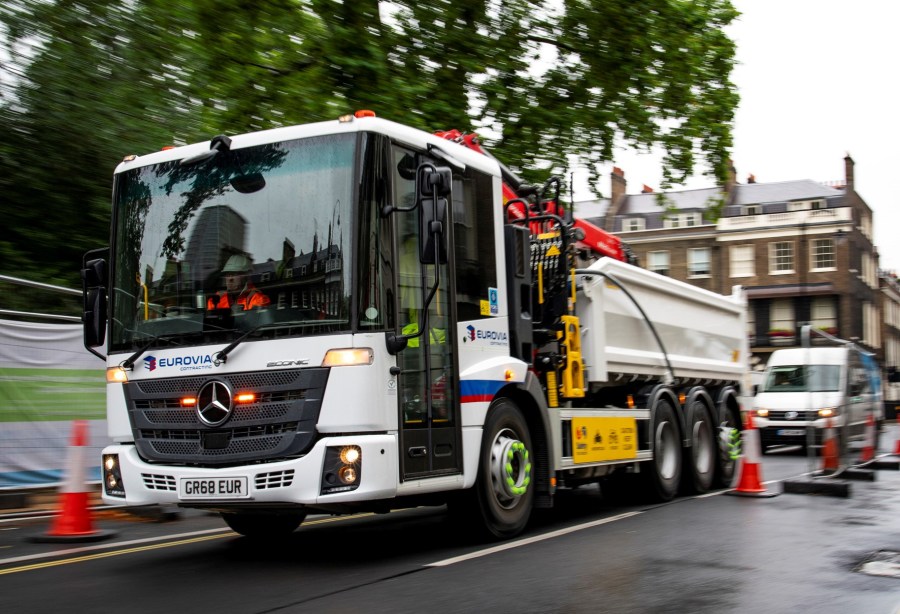The introduction of a Direct Vision Standard (DVS) ‘allow list’ by Transport for London (TfL) has been welcomed.
DVS is designed to help eliminate death and serious injuries from London’s streets by reducing blind spots.
It is controlled via a permit scheme for trucks, with a star rating given to different vehicles. The rating is based on how much the driver can see directly through their cab window.
Industry bodies such as the Road Haulage Association (RHA) and Logistics UK had concerns about the safety standard’s implementation. But now, both organisations have responded positively to DfT’s clarity on the matter of how permits will be monitored.
The ‘allow list’ means operators who register with TfL for a permit before 1st March will have a 90-day grace period.
The grace period starts on 1st March and should provide enough time for operators to comply with DVS safety requirements.
Truck operators must provide evidence of applications or planned installations of truck safety equipment when completing a registration.
RHA’s Richard Burnett said: “There are still points to clarify regarding how operators qualify for the ‘allow list’. “But we are pleased TfL has listened to us and put in place an initial grace period. The 90 days will allow hauliers time to comply.”
Natalie Chapman, head of policy (South) at Logistics UK was also pleased by the news.
“The safety of all London’s road users is of prime importance to Logistics UK,” she said. “We welcome the flexibility and certainty that today’s announcement provides.”
More than 50,000 safety permits have been issued in relation to the Direct Vision Standard. DfT is, however, aware that many operators have not yet applied for the permits for their vehicles.






